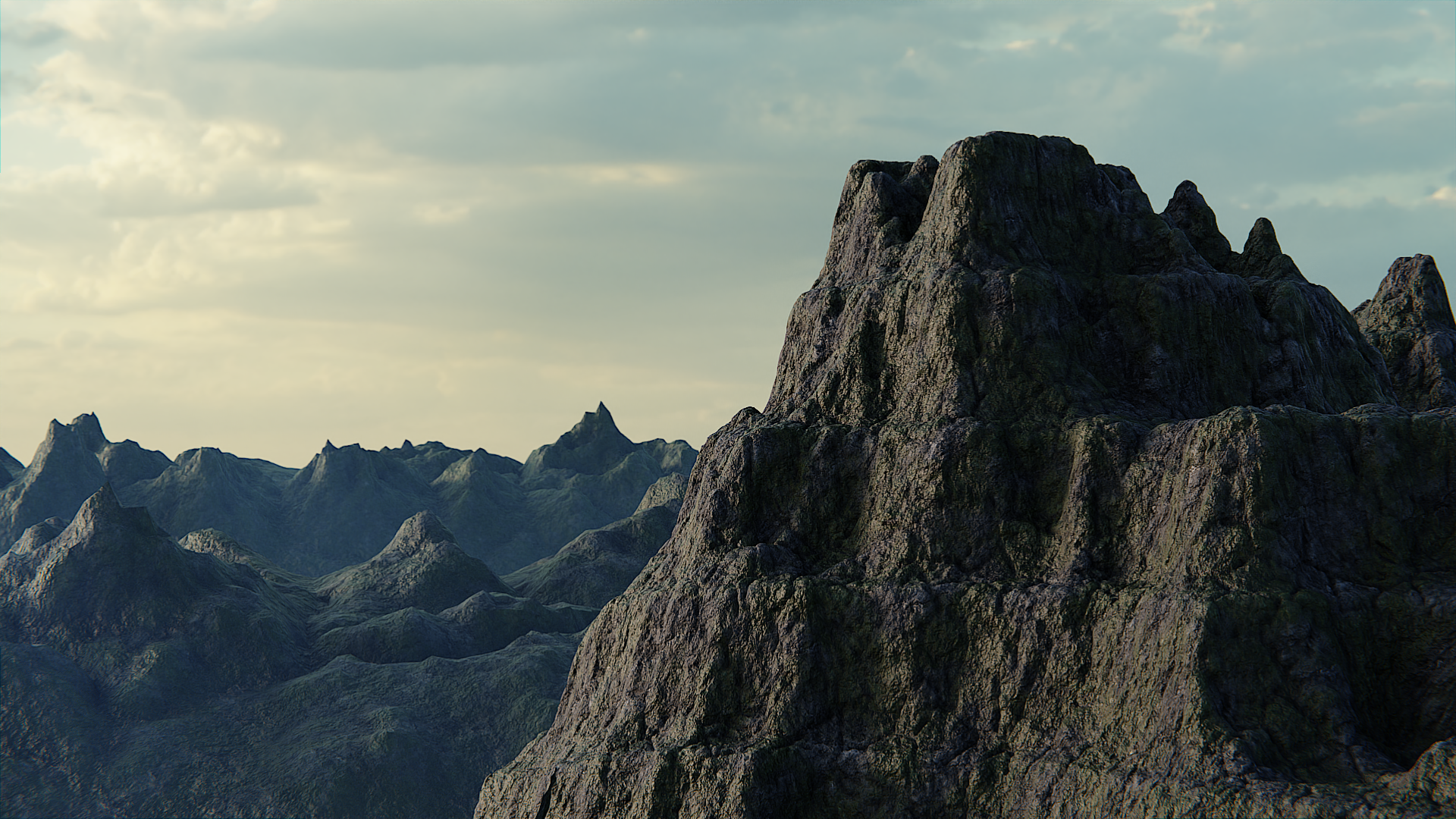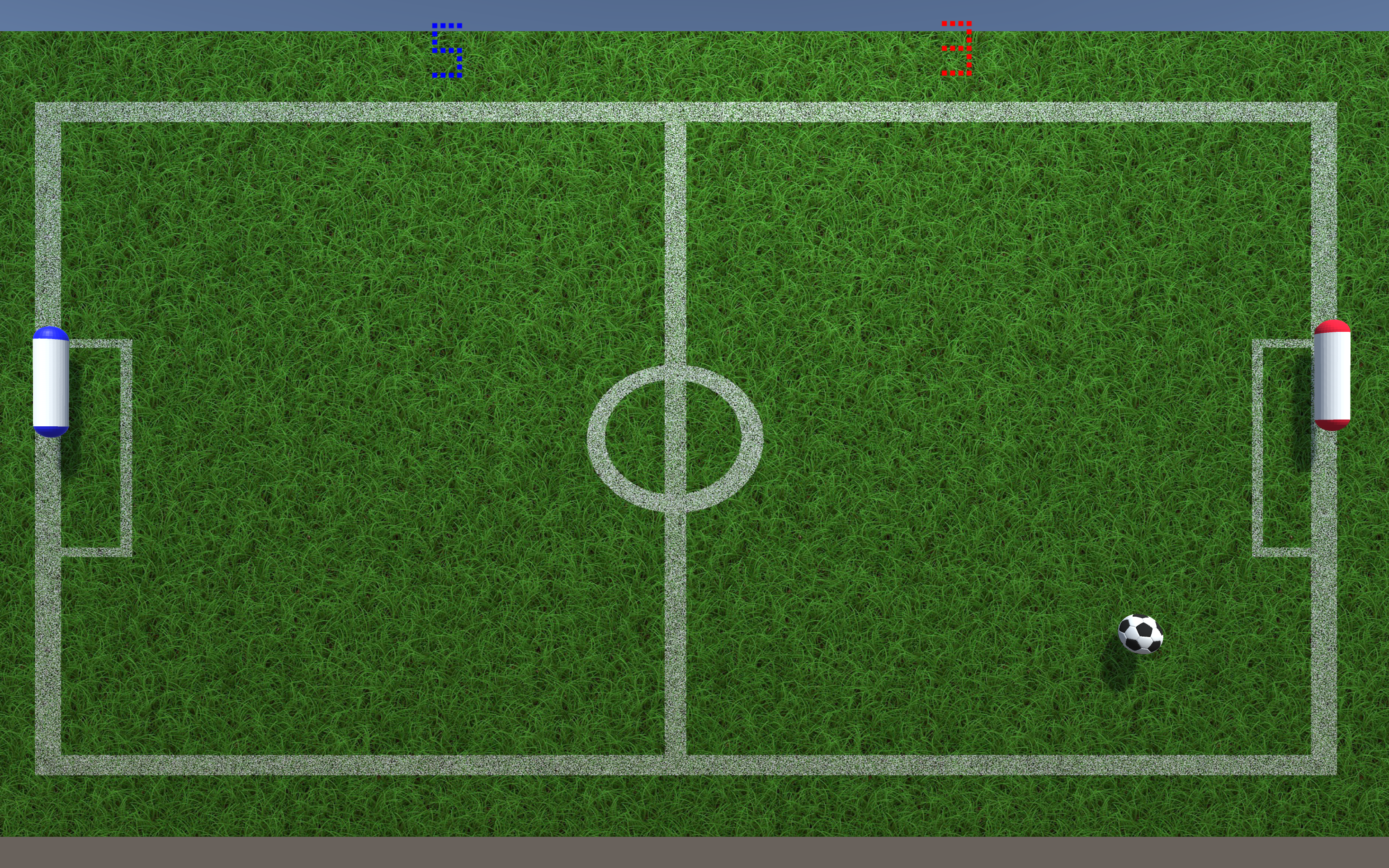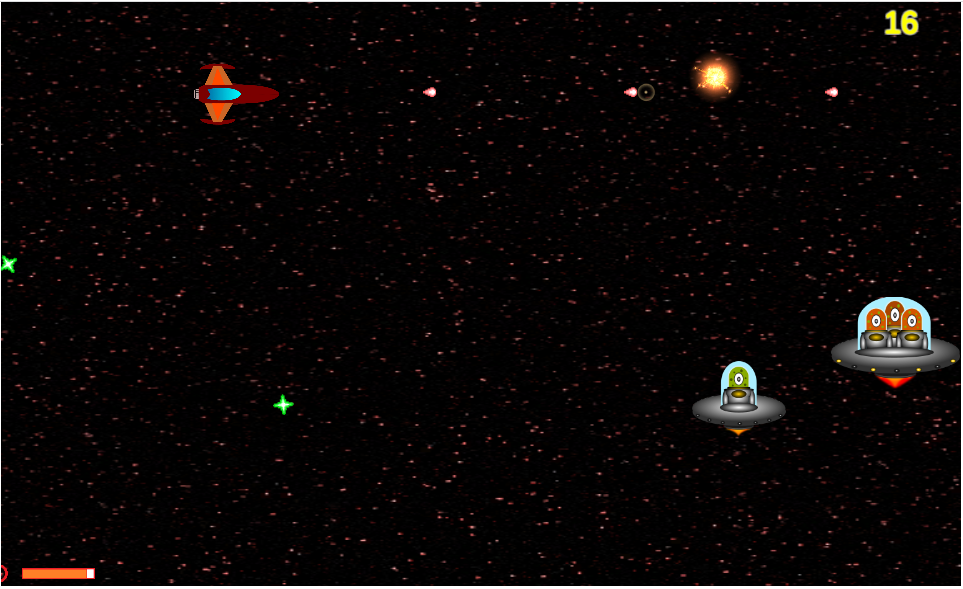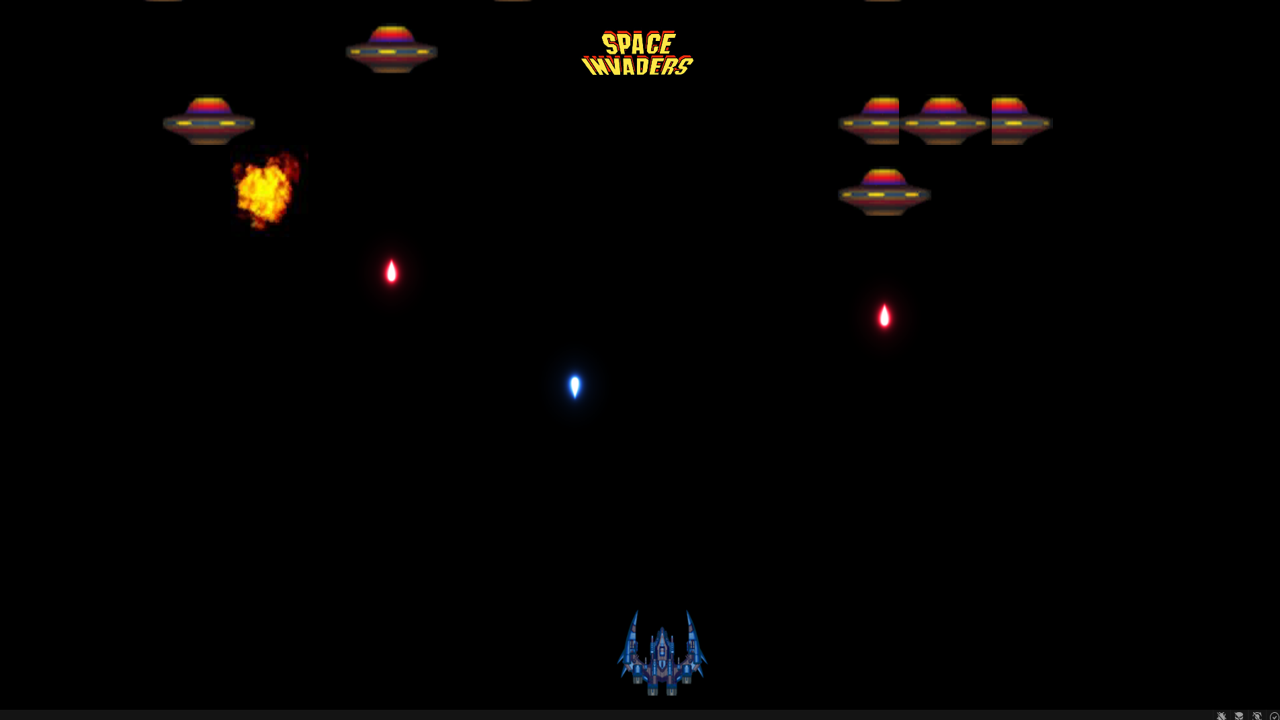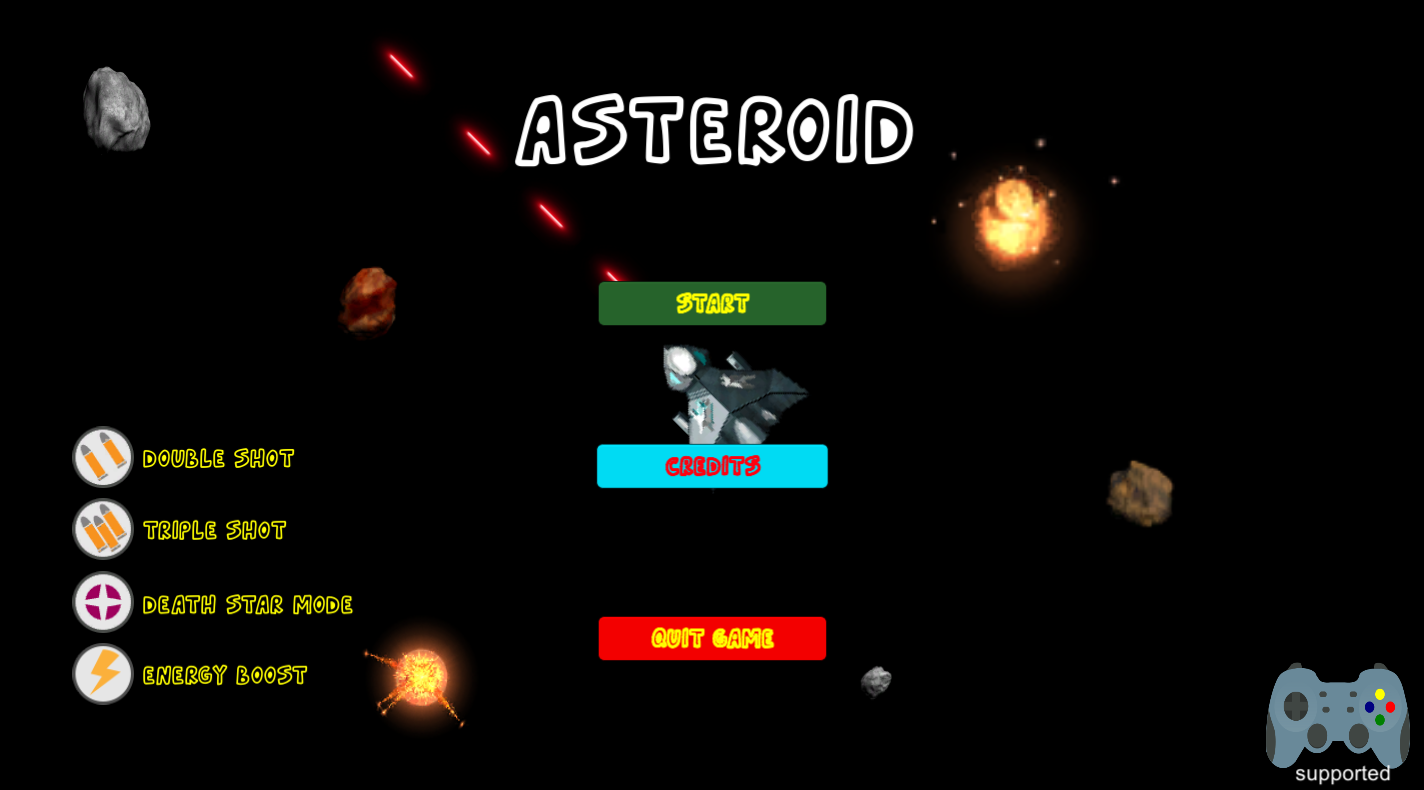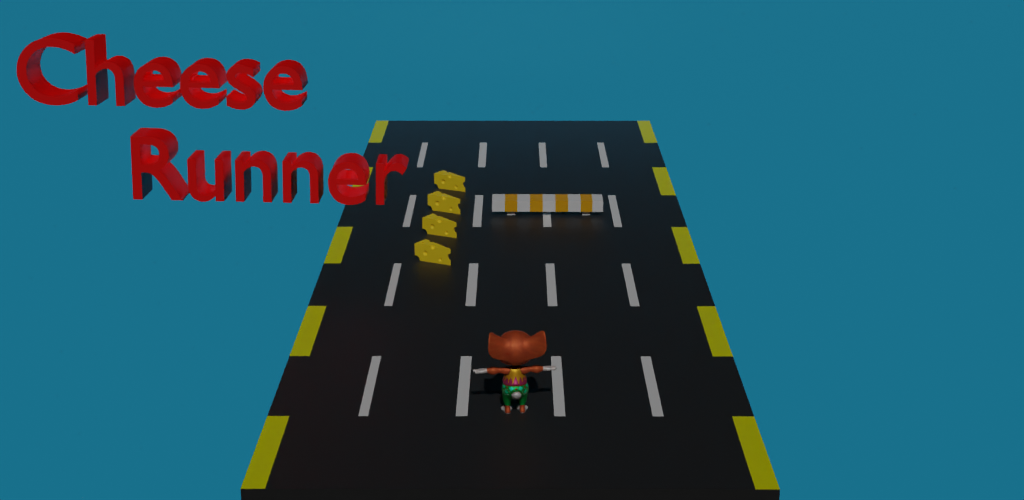Rogerio E. da Silva
I am responsible for teaching several courses on CS and Gaming curricula, mostly involving concepts of programming and computer graphics. In terms of research, I'm interested in studying virtual and augmented reality, synthetic characters and affective computing.
Experience
Lecturer of Creative Computing
Teaching Games and Gamification, Digital Arts Lab, and Entertainment Technology for the Creative Computing program. My duties also include researching in the domain of VR/AR/XR, games, and animations, and also supervising student's work at undergraduate and graduate levels.
Assistant Professor of Computer Science and Gaming
As the director of Digital Games and Simulations program, I teach several courses related to this field, such as Art for Gaming, Advanced Leveling, Senior Project, and Advanced Modeling wit DirectX. I also teach for the Computer Science (undergraduate and graduate) programs in courses like Data Structures, Programming Fundamentals, and Databases.
My duties also include supervising undergraduate and graduate students in their capstone projects.
Postdoctoral Research Fellow
As a researcher for the V-SENSE – Extending Visual Sensation through Image-Based Visual Computing group (Link), my duties were inserted under the SAUCE - Smart Assets for re-Use in Creative Environments project (Link) where I was involved with studying ways to autonomously classify motion capture data to facilitate the create and edition of crowd simuations.
Assistant Professor of Computer Science
Undergraduate teaching duties include: Programming Fundamentals, Mathematical Logic, Computer Graphics, Image Processing, Data Structures, Compilers, Automata and Formal Languages, Advanced Programming, and Computer Animations.
I also supervised more than a dozen capstone projects, and coordinated several research project, being the most sucessful one called D.R.A.M.A. - Developing Rational Agents to Mimic Actors
Lecturer of Computer Science
Teaching courses: Compilers and Object-oriented Programming
Lecturer of Computer Science
Teaching courses: Artificial Intelligence, Computer Graphics, Programming Fundamentals
Adjunct Lecturer of Computer Science
Teaching courses: Computer Graphics and Programming Fundamentals
Education
Universidade do Minho - Guimarães (Portugal)
Universidade de São Paulo/ICMC - São Carlos, SP (Brazil)
Universidade Federal de Mato Grosso - Cuiabá, MT (Brazil)
Online Training
| School | Course | Duration |
|---|---|---|
| CGCookie.com | Blender Animation Bootcamp | 5 h 6 m |
| Total | 5 h 6 m | |
| Udemy.com | Writing a Script for Animation in Adobe Story | 39 m |
| Total | 39 m | |
| LinkedIn Learning | Intro to Virtual Reality (VR) Filmmaking | 42 m |
| Virtual Reality Foundations | 35 m | |
| Total | 1 h 17 m | |
| ai2-3D.com | Photogrammetry - Fundamentals & Applications* | 1 h 28 m |
| Photogrammetry Process: equipment, settings & software* | 1 h 40 m | |
| Photogrammetry Software workflow* | 1 h 30 m | |
| Total | 4 h 38 m | |
| VICON | Vicon Industry Panel Webinar Series - Pushing Game Development to the Next Level* | 1 h 8 m |
| Total | 1 h 8 m | |
| Rokoko.com | Real-time Mocap for Animation and VFX - Easy Body, Fingers and Face Capture* | 1 h |
| Creating Pro Characters with Mocap* | 1 h | |
| Total | 2 h | |
| Circuit Stream | Build Your VR Escape Room in Unity* | 1 h 35 m |
| Build Your Own VR Driving Simulator in Unity* | 1 h 41 m | |
| Introduction to HoloLens 2 Development* | 2 h 9 m | |
| Total | 5 h 25 m | |
| BloopAnimation.com | Animation for Beginners | 47 m |
| Animation Foundations | 1 h 50 m | |
| Maya Animation | 4 h 6 m | |
| Stick Figure Animation | 4 h 32 m | |
| Blender Animation | 2 h 42 m | |
| Making an Animated Movie | 1 h 44 m | |
| Total | 15 h 41 m | |
| MrPaulXavier.com | Day 1 - Gear | 1 h 18 m |
| Day 2 - Focal Length | 16 m | |
| Day 3 - Composition | 18 m | |
| Day 4 - Movement | 19 m | |
| Total | 2 h 11 m | |
| TheArchitectureAcademy.com | Architecture: Fundamentals | 4 h 21 m |
| Module 1 - Lounge Room | 2 h 23 m | |
| Module 2 - Modern House | 4 h 51 m | |
| Total | 11 h 35 m | |
| GameInstitute.com | C++ Programming | 1 h 38 m |
| Introduction to Unity | 15 h 52 m | |
| Mobile Development | 4 h 14 m | |
| Total | 21 h 44 m | |
| DigitalTutors.com | Pushing Your C# Skills Beyond the Basics in Unity | 1 h 37 m |
| Creating a Mobile Puzzle Game in Unity | 1 h 41 m | |
| Creating Run Cycles in Maya | 2 h | |
| Creating Interior Walk-Throughs in Unity | 2 h 1 m | |
| Creating UI Elements in Unreal Engine | 1 h 44 m | |
| Creating Gameplay Systems using Blueprint Features in Unreal Engine | 4 h 32 m | |
| Introduction to Particle Systems in Unreal Engine | 2 h 1 m | |
| Introduction to Matinee in Unreal Engine 4 | 1 h 20 m | |
| Unreal Engine 4 Material Reference Node Library | 1 h 19 m | |
| Introduction to Blueprint in Unreal Engine | 1 h 5 m | |
| Introduction to Materials in Unreal Engine | 1 h 59 m | |
| Introduction to Lighting in Unreal Engine 4 | 57 m | |
| Introduction to Unreal Engine 4 | 4 h 1 m | |
| Quick Start to Unreal Engine 4: Volume 1 | 1 h 9 m | |
| Quick Start to Unreal Engine 4: Volume 2 | 1 h 3 m | |
| Quick Start to Unreal Engine 4: Volume 3 | 57 m | |
| Your First Day in Unreal Engine 4 | 1 h 39 m | |
| Indie Game Development Pipeline Volume 1: Visual Development | 2 h 17 m | |
| Total | 33 h 22 m | |
| Total hours: | 104 h 46 m | |
Skills
- C/C++
- Python
- PROLOG/Picat
- HTML/CSS/JS
- PHP
- C#
- Unity
- Blender 3D
- Unreal Engine
- Autodesk Maya
- OpenGL
Interests
Virtual Reality (VR) is a simulated experience that can (or not) be similar to the real world. It uses special devices for a 3D user interface (3DUI), sometimes known as human-centered interface.
Augmented Reality (AR) is an interactive experience of a real-world environment where the objects that reside in the real world are enhanced by computer-generated perceptual information, sometimes across multiple sensory modalities, including visual, auditory, haptic, somatosensory and olfactory.
Synthetic characters means incorporating Psychology-inspired computational models to autonomous (embodied or not) characters decision-processes. Some possible applications of this are: non-player characters, virtual humans, and robotics.
Affective computing means to study computing that relates to, arises from, or influences emotions. It aims at developing better human-computer interaction systems in a more natural user-friendly manner.
Other than that, I am interested in working with several extra curricular initiatives to deepen students' engagement with computer science and gaming. Some examples are the international collegiate programming contest (ICPC/ACM) and the global game jam (GGJ).
Publications
Full papers:- SMYTH, D.L., YOUNG, G.W., ONDREJ, J., SILVA, R.E, CUMMINS, A., NATH, S., ARSLANN, A.Z., WISESSING, P., and SMOLIC, A., Semantic Crowd Re-targeting: Implementation for Real-time Applications and User Evaluations, 2021 IEEE Conference on Virtual Reality and 3D User Interfaces Abstracts and Workshops (VRW), Lisbon, Portugal.
- NUSAYR, A., SILVA, R.E. The use of Educational Robots to Engage the Youth in Computer Science: a Case Study, 10th Workshop on Robotics in Education (WRE) as part of the 16th IEEE Latin America Robotics Symposium (LARS), Rio Grande-RS, Brazil, 2019
- SILVA, R.E. D.R.A.M.A. - Developing Rational Agents to Mimic Actors, In: Brazilian Symposium on Games and Digital Entertainment (SBGAMES), Brasilia-DF, Brazil, 2012
- SILVA, R.E., SANTOS, M.F., IURGEL, I.A. Developing Virtual Actors Inspired by Real Actors' Practice, In: Proceedings of the 2011 Workshop on Digital Media and Digital Content Management Proceeding DMDCM '11: IEEE Computer Society, Hangzhou, Zhejiang, China, 2011
- IURGEL, I.A., SILVA, R.E., SANTOS, M.F. Towards Virtual Actors for Acting out Stories, In: 5th International Conference on E-Learning and Games (Edutainment) Edutainment, Springer, Changchun, China, 2010
- SILVA, R.E., IURGEL, I.A., SANTOS, M.F., ZAGALO, N., BRANCO, P. Understanding Virtual Actors, In: Brazilian Symposium on Games and Digital Entertainment (SBGAMES) Florianópolis-SC, Brazil, 2010
- SILVA, R.E. and DHARAS, M. and LANDRY, J.P.C. and FINNEY, J. A Mobile VR Tool for Vestibular Therapy, In: 25th Symposium on Virtual and Augmented Reality (SVR), D.O.I.: 10.1145/3625008.3625012, Rio Grande-RS, Brazil, 2023.
- SILVA, R.E. and RITO, P.N. A Prototype of a 3D Shooter Game for the Visually Impaired Player, In: Joint Conference on Serious Games (JCSG), D.O.I.: 10.1007/978-3-031-44751-8_34, Dublin, Ireland, 2023.
- SILVA, R.E. and HENDRICKER, E. The Role of Autonomous Agents in Training School Psychology Graduate Students, In: 18th International Conference on Cognition and Exploratory Learning (CELDA 2021), Online event at https://www.celda-conf.org/, 2021.
- ZOLANVARI, I.; RUANO, S.; RANA, A.; CUMMINS, A,; SILVA; R.E.; RAHBAR, M.; SMOLIC, A. DublinCity: Annotated LiDAR Point Cloud and its Applications, In: 30th British Machine Vision Conference (BMVC), Cardiff, United Kingdom, 2019.
- SILVA, R.E., ONDREJ, J., SMOLIC, A. Using LSTM for Automatic Classification of Human Motion Capture Data, In: 14th International Conference on Computer Graphics Theory and Application (GRAPP), Prague, Czech Republic, 2019.
- RAMOS, R. P., SILVA, R.E., REIS, J. C. K. A Personality Model based on Reiss Motivational Profile for Autonomous Digital Actors, In: Brazilian Symposium on Games and Digital Entertainment (SBGAMES), Brasilia-DF, Brazil, 2012
- THUME, G. S., SILVA, R.E. An Extended EBDI Model Applied to Autonomous Digital Actors, In: Brazilian Symposium on Games and Digital Entertainment (SBGAMES), Brasilia-DF, Brazil, 2012 (Awarded best short paper of the event)
- IURGEL, I.A., SILVA, R.E., RIBEIRO, P.R., SOARES, A.B., SANTOS, M.F. CREACTOR - An Authoring Framework for Virtual Actors, In: Proceedings of the Intelligent Virtual Agents (IVA), LNAI Intelligent Virtual Agents, 5773, pp. 562-563, Springer, Amsterdam, The Netherlands, 2009
- SILVA, R.E., IURGEL, I.A., SANTOS, M.F. Towards Virtual Actors - The Next Step for the Entertainment Industry, In: Brazilian Symposium on Games and Digital Entertainment (SBGAMES), Rio de Janeiro, Brazil, 2009
Awards & Certifications
- Best short paper of the Brazilian Symposium on Games and Digital Entertainment (SBGAMES), 2012
Work Samples

